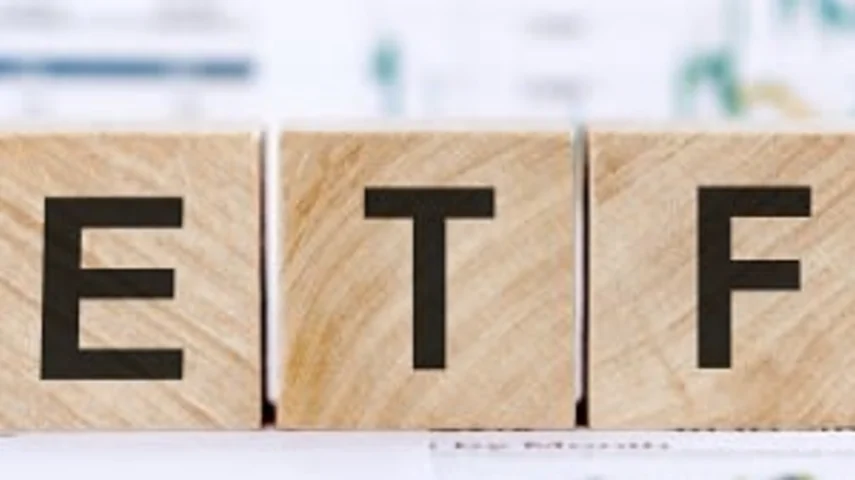The five best and worst-performing ETFs of 2022



Global X and BetaShares have delivered some of the best-performing exchange traded funds (ETFs) in the past year, recent figures have revealed.
Data compiled by investment research Morningstar and online investment adviser Stockspot found the Global X Ultra Short Nasdaq 100 Hedge Fund delivered the best returns of 2022 at an impressive 81.9%.
It was followed by BetaShares US Equities Strong Bear Hedge Fund - Currency Hedged at 44% in the second spot.
Notably, BetaShares ETFs took up three of the top five spots: BetaShares Global Energy Companies ETF - Currency Hedged (40.7%) in third place and BetaShares Australian Resources Sector ETF (23%) in fourth place.
Rounding up the top five ETFs of 2022 was the SPDR S&P/ASX 200 Resources Fund (22.9%).
However, while ETFs were poised to be among the most popular investment vehicles in 2023, there were some funds that delivered underwhelming results during the year.
Per Morningstar and Stockspot data, the worst-performing fund was BetaShares Crypto Innovators ETF with a -81.9% return. The Global X Ultra Long Nasdaq 100 Hedge Fund came in second at -70.3%.
Other poorly-performing funds were the Montaka Global Extension Fund (Quoted Managed Hedge Fund) at -47.6%, BetaShares Geared US Equity Fund - Currency Hedged (Hedge Fund) at -47.1%, and Hyperion Global Growth Companies Fund (Managed Fund) at -42.9%.
According to Stockspot’s 2022 ETF Report, the Australian ETF market was worth over $135 billion in 2022.
It was also one of the fastest-growing investment products in the country, growing four times faster than the broader Australian wealth management market.
Recommended for you
Natixis Investment Managers has hired a distribution director to specifically focus on the firm’s work with research firms and consultants.
The use of total portfolio approaches by asset allocators is putting pressure on fund managers with outperformance being “no longer sufficient” when it comes to fund development.
With evergreen funds being used by financial advisers for their liquidity benefits, Harbourvest is forecasting they are set to grow by around 20 per cent a year to surpass US$1 trillion by 2029.
Total monthly ETF inflows declined by 28 per cent from highs in November with Vanguard’s $21bn Australian Shares ETF faring worst in outflows.











